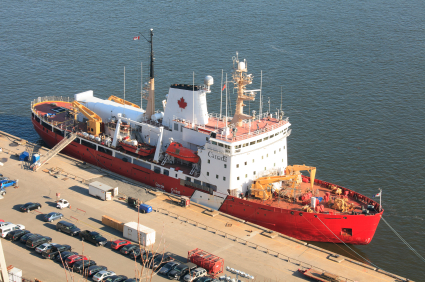K. Joseph Spears after talking to conference participants summarizes the findings from the Maritime Security Challenges conference for Canadian Sailings readers in this article. Readers of the blog will be interested in knowing that there were panels on topical maritime issues including the development of aircraft carriers, maritime applications of unmanned autonomous vehicles, security questions and the Gulf of Guinea, the illegal movement of people and illicit cargoes at sea and, importantly from the Canadian perspective, shipbuilding and future naval requirements. These panels were all followed by question-and-answer sessions. Some of the takeaways that became evident from the conference included diminishing budgets, the cost of new naval vessels, increasing use of drones, cyberspace capabilities of new weapons, and the challenges of interacting in a complex marine threat environment. The other reality that became quite clear is that navies still need to provide greater capabilities despite shrinking budgets, which is a real challenge when technology is changing rapidly.
Maritime Security Challenges Series
Delegates are brought together for three days to Victoria, British Columbia’s beautiful capital city on Vancouver Island in the Pacific Northwest, in an environment that fosters learning and exchange with ample opportunity for connecting with peers. Known for quality programming, MSC uniquely blends both academic theory and current issues, drawing on a significant range of international security analysts.
The MSC program is designed to foster dialogue on the most pressing issues facing international security practitioners while providing ample time for our delegates to make valuable connections with colleagues from around the world.

